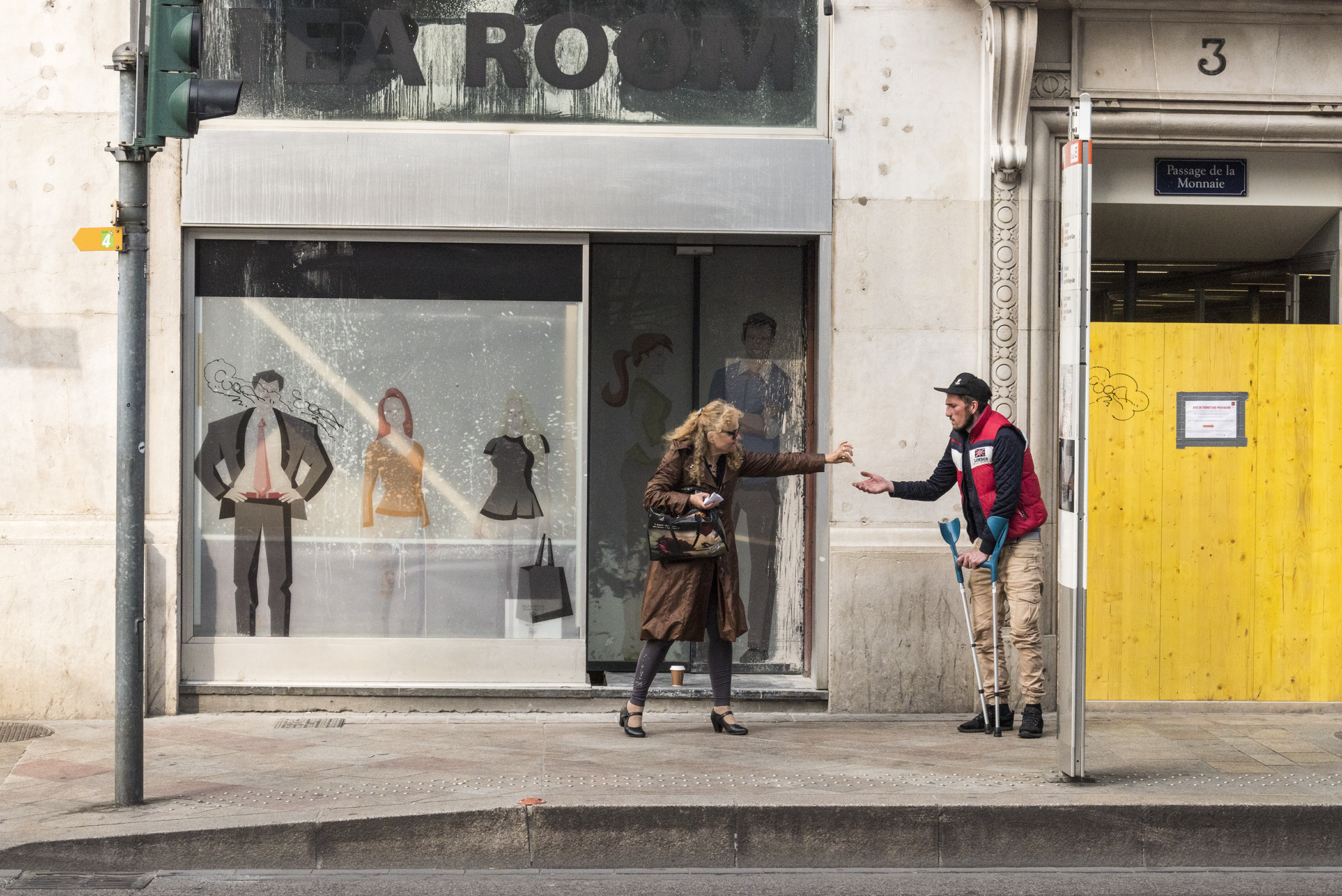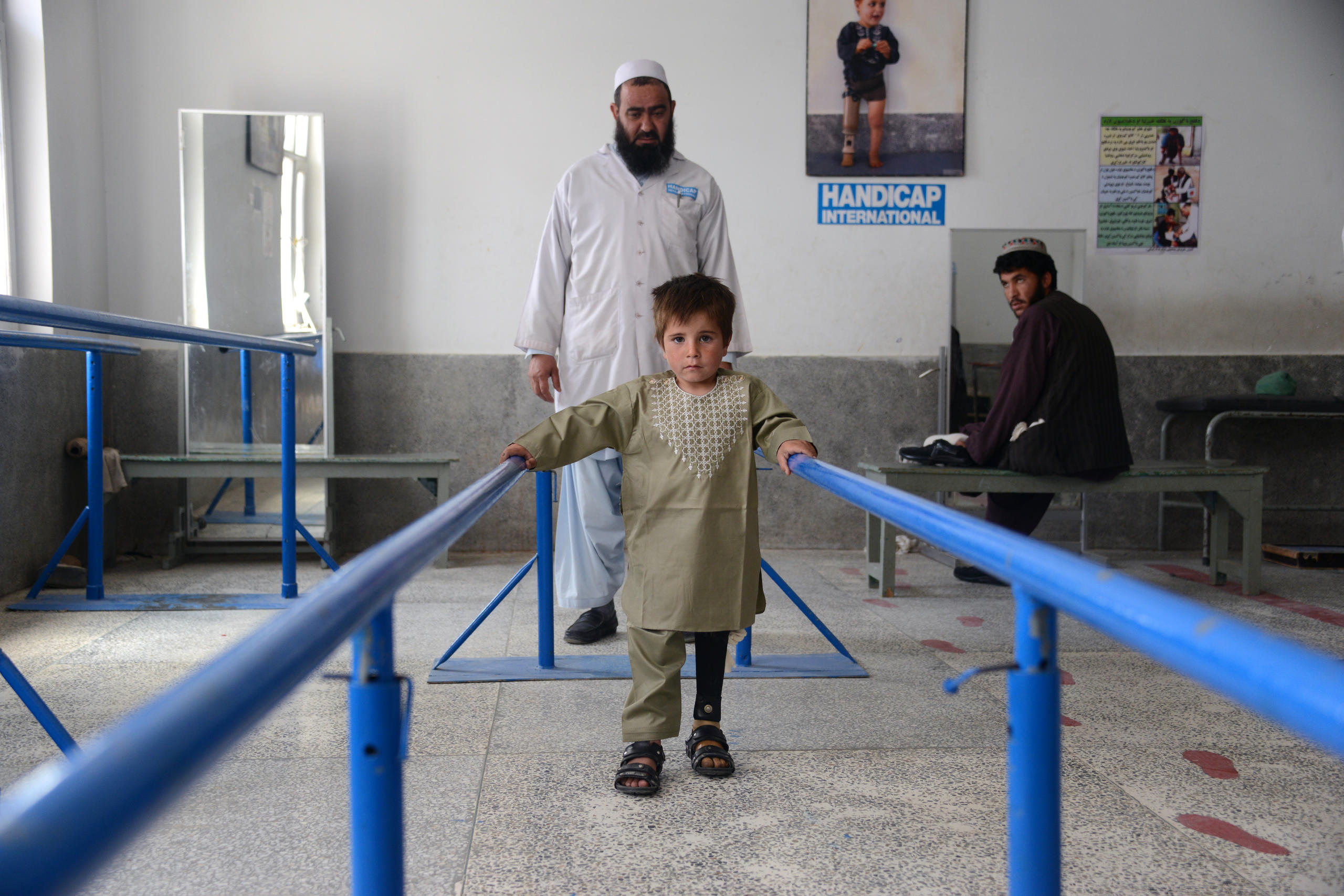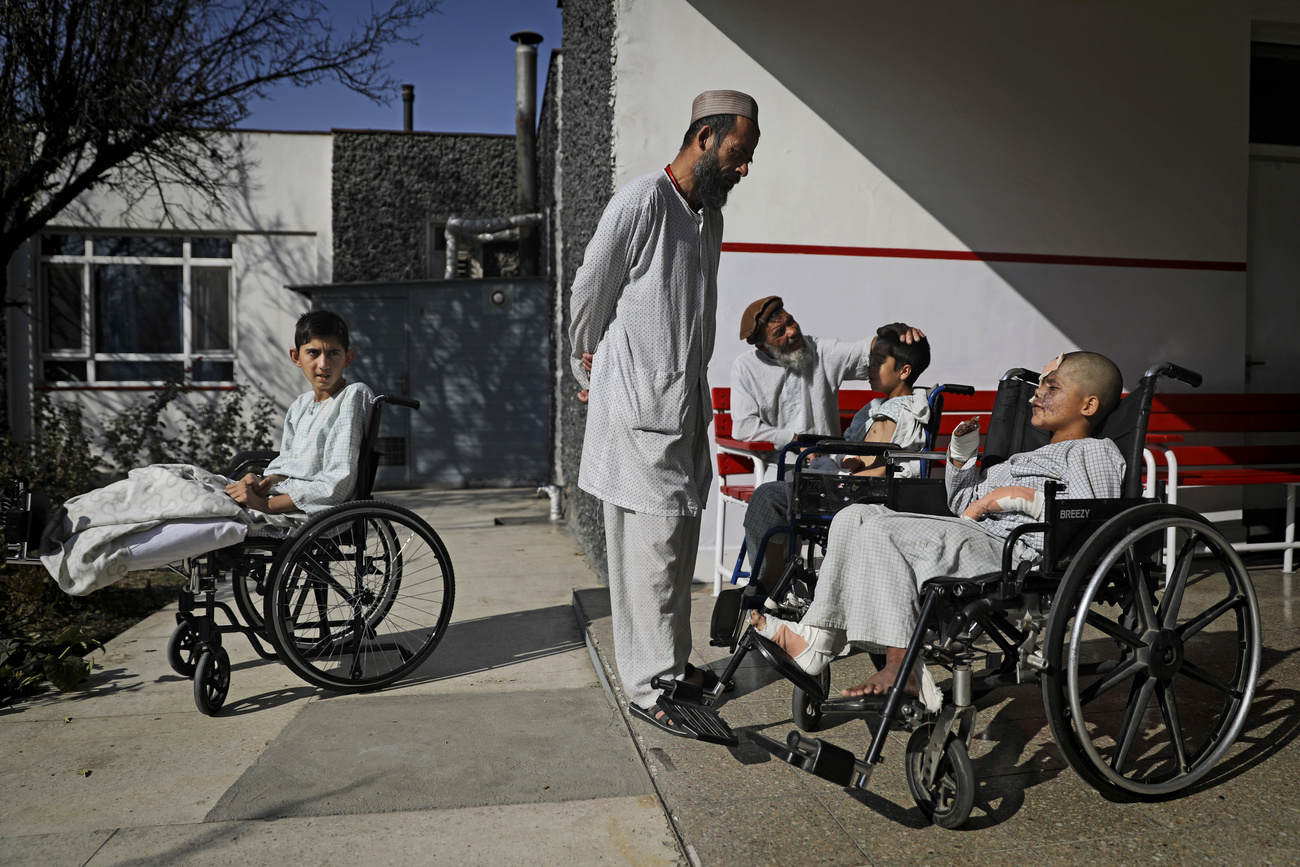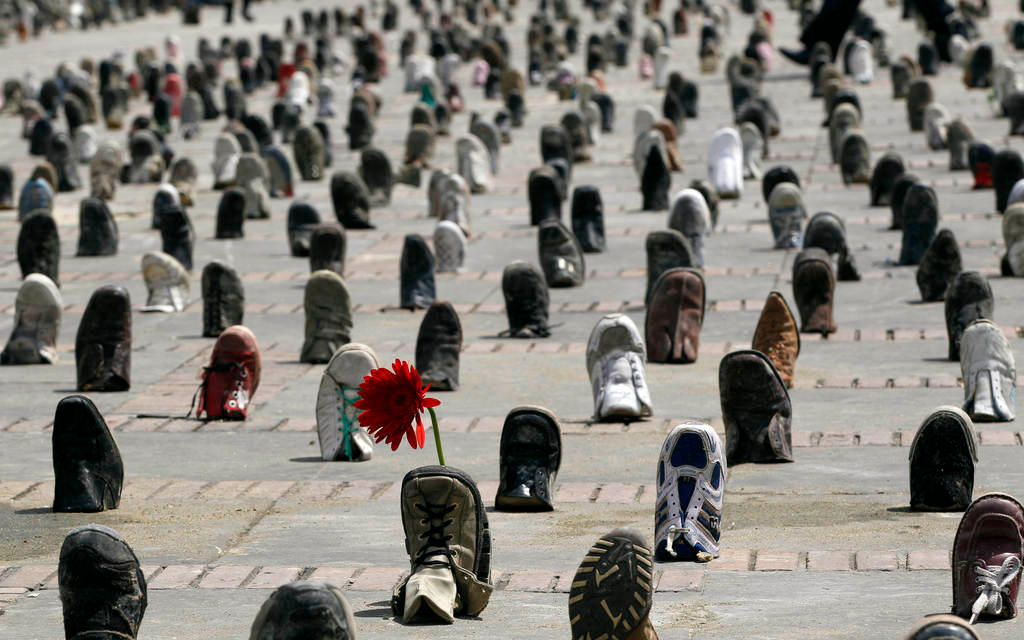Want to get something done? Draft a treaty!
It’s the last newsletter of 2020, and it’s tempting to use the opportunity, as so many journalists do, to look back on the year and reflect on the events that made it stand out, the things that, in decades to come, will merit a mention for 2020 in the history books.
You will probably be relieved to hear that I’m going to resist that temptation; we all know too well what 2020 will be remembered for, and I can imagine that many, like me, have found some relief over the holiday season spending a day or two not thinking about the pandemic.
Instead, I want to tell you about our latest, and very special, Inside Geneva podcast. It’s the first in a new series assessing treaties that have changed our lives, and this episode looks at the landmark 1997 Ottawa Convention banning anti-personnel landmines. I was privileged to be able to interview Steve Goose of Human Rights Watch, who was one of the leading campaigners back in the 1990s, Alberto Cairo, director of the ICRC’s rehabilitation centres in Afghanistan, and my colleague, journalist Stuart Hughes, a landmine survivor. Denise Coghlan and Tun Channareth, also key figures in the campaign against landmines, joined us from Cambodia.
Sign up! The latest updates from International Geneva – in your inbox
Nowadays, the notion that landmines are banned because they are inhumane and indiscriminate has become so accepted that it is hard for us to comprehend just what an achievement the Ottawa Convention actually was. As Steve Goose remembers, most governments, and most military leaders, were not at all supportive.
Pleas from Alberto Cairo, who arrived in Kabul in 1990 to find a hospital full of amputees, or Denise Coghlan, working with refugees on the Thai Cambodian border and witnessing landmine injuries on a daily basis, seemed at first to fall on deaf ears.
Populist cause
But the uninterested governments had reckoned without public outrage. The campaigners against landmines set out quite deliberately to make this a very populist cause. Perhaps some readers can remember the pyramids of shoes which began to appear outside government buildings across Europe, or the washing lines hung only with pairs of trousers, each with one leg ripped off.

More
Inside Geneva: The global treaty that has saved thousands of lives
In Geneva itself of course the Broken Chair on the Place des Nations is a reminder of the anti-landmine campaign. When it was erected in August 1997, it was designed as a powerful but temporary signal to countries that they really should back the Ottawa treaty. But even after the treaty was signed in December of the same year, the Chair stayed, a reminder to us all not just of the terrible damage that landmines inflict, but of what can be achieved if ordinary people around the world put their minds to it.
In 2020, pandemic aside, we have seen the power of moral outrage, of concern that our planet is headed in the wrong direction, too. The dreadful killing of George Floyd inspired the Black Lives Matter campaign, and a very necessary global conversation about racism. Climate activism continues at pace; campaigners are, rightly, not going to let governments use the pandemic as an excuse for inaction on climate change.
Turning visions into international law
But the ultimate desired outcome of activism is surely a treaty? The campaign against landmines is perhaps the textbook example of how to turn visions into international law. What was once a standard weapon used by governments around the world became, almost overnight, illegal.
Of course, there is a treaty on climate change – it started life as the UN Framework Convention on Climate Change and became the Paris Accord. Its aims are ambitious, its terms incredibly complex, and it often appears to be honoured more in the breach than in the observance.
There is the UN Convention on the Elimination of Racial Discrimination too. Ratifying countries are regularly reviewed to see how well they are living up to its aims, and there is a complaints mechanism allowing individuals to raise specific cases. 182 countries, including all the big powers, are parties to it.
Yet George Floyd was still killed, and the outrage which surrounded his death was precisely because this was perceived not as an isolated event, but part of a wider systemic pattern of racism and violence against America’s Black community.
Was landmines the easy treaty then? A specific weapon, easily defined, no ambiguity about what exactly was being prohibited? Our series on treaties will attempt to unpick that question, and to ask how to ensure a treaty really is worth more than the paper it is written on.
More
Constant vigilance
I hope you will listen to the podcast on the Ottawa Convention, to hear that debate get underway, and to hear the moving testimony of our participants.
Whether Ottawa was the “easy” treaty or not, one thing is clear. The work doesn’t stop when a treaty is approved, in fact in many ways it actually just begins. Constant vigilance is needed. Ratifying countries have to be scrutinised for compliance, reluctant ones (don’t forget the US, Russia and China have still not signed Ottawa) have to be persuaded to get on board, and after that they have to be persuaded not to walk away, as the US did with the Paris Accord.
Most important of all: the harm done does not disappear when the treaty is ratified. Signing the Paris Accord won’t bring back our vanished flora and fauna, lower our rising sea levels, or replace our melting glaciers. Countries have to invest, over decades, in restructuring their energy dependency, and reviving damaged ecosystems.
That awareness that a treaty must be proactive is why Ottawa is about so much more than banning the use of landmines. It requires ratifying countries to destroy their landmine stockpiles, to invest in de-mining worldwide, and to support rehabilitation services for landmine survivors.
And as both Alberto Cairo and Stuart Hughes tell us in the podcast, a landmine injury, caused in one terrifying instant, lasts forever. No treaty, sadly, can ever repair that damage.

More
How is International Geneva shaping up?

In compliance with the JTI standards
More: SWI swissinfo.ch certified by the Journalism Trust Initiative




You can find an overview of ongoing debates with our journalists here. Please join us!
If you want to start a conversation about a topic raised in this article or want to report factual errors, email us at english@swissinfo.ch.